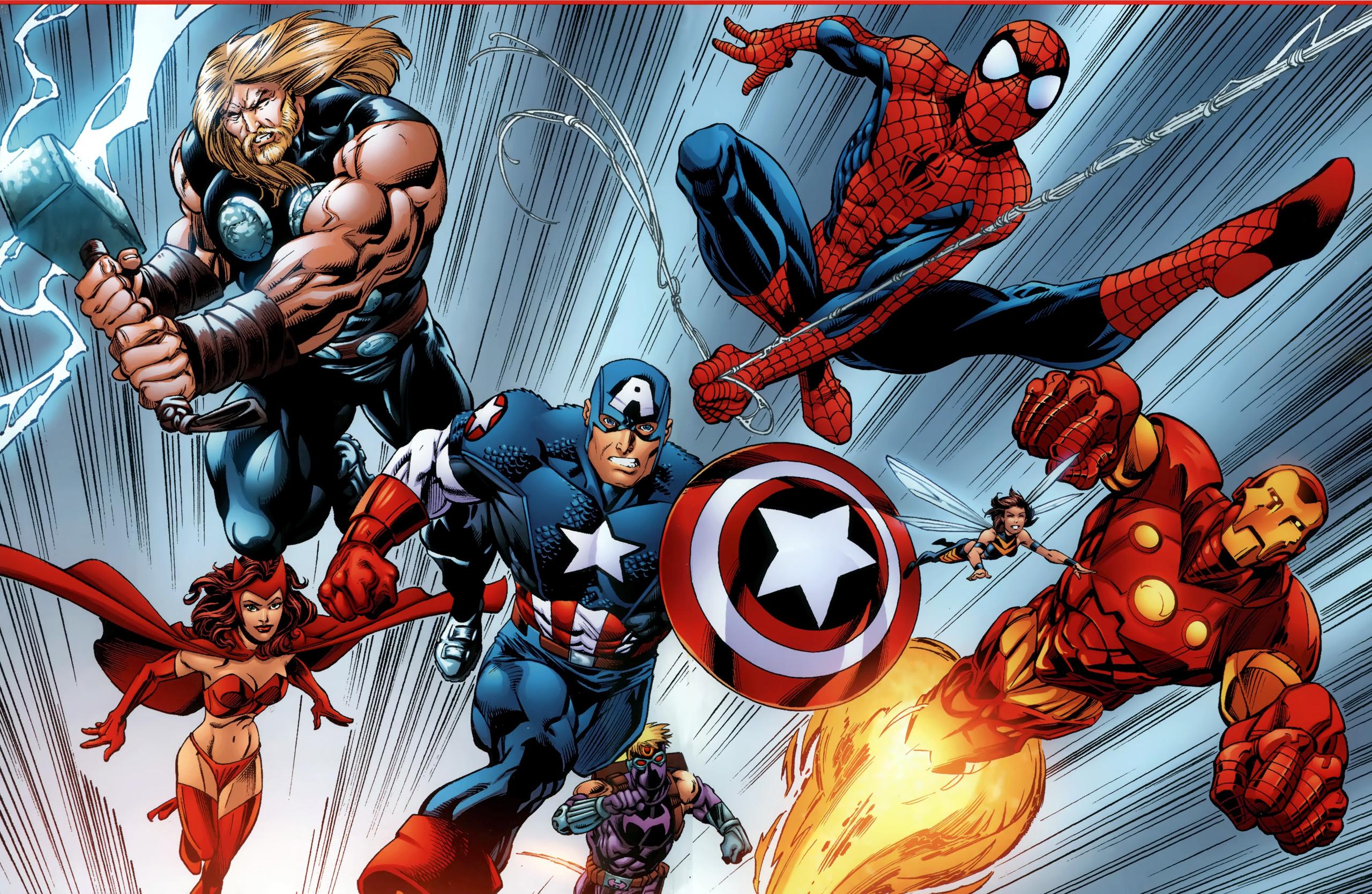On February 9, 2015, Sony and Marvel announced that the iconic web-slinger Spider-Man would officially debut in Marvel’s blockbuster cinematic universe (MCU). Fans everywhere, casual and comic book junkies alike, rejoiced at the news. Spider-Man’s popularity in the Marvel Universe compares to DC’s golden boy Superman. Captain America may be the face of the Avengers, but Spider-Man is the heart. The return of everyone’s Friendly Neighborhood Spider-Man into Marvel’s hands felt like a homecoming.
That’s not to say it was easy.
Spidey’s role in the Avengers’ storylines cannot be overstated. The impending arrival of “Captain America: Civil War” to the big screen frayed the nerves of anyone familiar with the source material; Peter Parker’s decision to side with Tony Stark in the conflict held serious clout in the comics. The original “Civil War” comic plays out a bit differently than the movie adaptation. The MCU deals with a world full of transparent heroes, identities known and accounted for by the government. The conflict stems from questioning the government’s ability to leash those heroes like a pack of hunting dogs. In the comic, however, secret identities are everything. A hero’s family depends on anonymity to spare them from the wrath of enemies.
No one in the Marvel Universe is more well known for their secret identity than Spider-Man. Peter Parker, at this point a married man with children, sides with Tony Stark by deciding to reveal himself to the world. A number of heroes swing to the Iron Man side of the battle after this event takes place. A “Civil War” adaptation feels almost wrong if you don’t include Spidey.
These thoughts undoubtedly contributed to the Sony-Marvel collaboration. The deal between the two production companies is unprecedented; Marvel forwent similar negotiations with the owners of other properties such as X-Men and the Hulk. Sony bought the rights to the web-slinger in 1999, through their subsidiary Columbia Pictures. Director Sam Raimi’s subsequent success with the first film in 2002 solidified the production company’s desire to keep the character. Things were tough for Marvel in the years prior to this moment; bankruptcy loomed as paperwork was filed to prevent it. Selling the rights to anyone would have been an improvement. In fact, Marvel sold the rights of many characters during this turbulent era, including the 21st Century Fox-owned X-Men. (Their return to the MCU, however, is unlikely.)
The Tobey Maguire-led franchise revived a defeated superhero movie industry; ironically, “Superman III” killed it. No one thought that Marvel would one day create the extremely lucrative MCU—not even Marvel themselves. “Howard the Duck” spearheaded Marvel’s first venture into film and failed spectacularly. I can’t believe no one saw that coming.
Despite the immense success of “Spider-Man II,” the third film opened as a box office flop. As a result, Peter Parker and his web-slinging alter ego faded into the woodwork. That is, until Marvel began churning out hits like “Iron Man.” Marvel’s recovery from bankruptcy financed their second foray into movie production; specifically, a shared universe beginning with “The Incredible Hulk” in 2008 and the other characters whose film rights hadn’t been desperately sold off. The public’s renewed interest in superhero movies presented a wonderful opportunity for Sony to redeem themselves. In addition, the specific contract details behind the company’s Spider-Man ownership dictate that a movie must be made every five years or the rights revert back to Marvel. Such stipulations are responsible for three terrible “Fantastic Four” films.
The kicker, though, is that Sony only owns the movie rights for Spidey. Marvel controls everything else, most importantly toys and other merchandise. Profit stands to be gained on Marvel’s behalf with every new movie release, whether the character is part of the MCU or not; the added bonus is that Spider-Man doesn’t fall into the ether with Howard the Duck. On the flipside, Sony keeps 100 percent of the profits for their movies, but that’s not much if the movie doesn’t do well. In recent years, Sony hasn’t been doing so hot when it comes to money.
Unfortunately, producing a successful Spidey movie proved difficult. A scrapped “Spider-Man IV” paved the way for “The Amazing Spider-Man,” a reboot that fell short of the projected billion dollar mark despite being an expensive and highly anticipated venture. It’s sequel left moviegoers with sour tastes in their mouths, in addition to the certainty that only an MCU integration would redeem the web-slinger. There are only so many times you can watch Uncle Ben die without the gravity of it being lost. Overdone origin stories belong to Batman.
https://www.youtube.com/watch?v=2CSWHnp4zSk
Further, Sony’s hacked emails in 2014 leaked possible plans for negotiation with Marvel. Revealed to the public, possibility became reality. Enter the current deal between Marvel and Sony.
On the surface, the current contract allowing Spider-Man to be part of the MCU appears more like a custody agreement between divorced parents than anything else. It is important to note that Sony still retains the film rights to Spider-Man; Marvel is simply allowed to borrow him as they see fit.
The tricky part involves money, stability and creative relationships. The bare bones of the new contract grant Marvel the ability to use Spider-Man in films they finance and produce, while Sony does the same with the added bonus of borrowing necessary MCU characters. The bottom line resulted in Marvel cashing in on Spidey’s “Civil War” appearance but not the newly released box office hit “Spider-Man: Homecoming.” The philosophy behind the deal assumes a symbiotic relationship between the two companies rather than firm monetary gain.
“Homecoming” ends with a title card assuring Spider-Man’s return in future movies—already demonstrated by new Peter Parker actor Tom Holland’s contract slating him for four more movie appearances. Currently confirmed are both future Avengers films, a sequel to “Homecoming” and a third possible standalone.
Realizing the MCU takes years, going on decades. Marvel and Sony’s relationship will be tested by time and the shifting will of an ever-changing market. The latter company already has plans for a solo “Venom” film as a tie-in for a “Sinister Six” universe. Should this prove successful, it’s possible that Sony might ditch Marvel’s universe for one created in-house.
Where would that leave Spider-Man then?

















